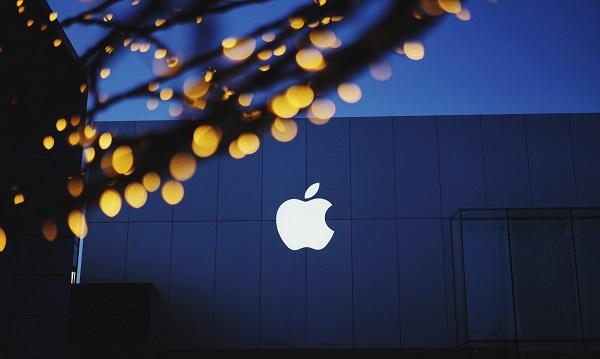As Apple becomes more and more inclined to create some components and further pressure on the market to compete, many Apple suppliers will find that their own survival pressure has become greater, and the days are not as good as before. Some analysts have said that Dialog Semiconductor, Synaptics and Cirrus Logic are now particularly vulnerable to Apple's supply chain challenges. And Avnet, a component supplier, has stopped cooperating with Apple because its profit margin has been greatly reduced.

Data map
You know that Apple has developed its own processor in recent years, and they are also strengthening the internal component design, which includes graphics, Bluetooth and other smart phone-related chips, etc., although this will create new risks However, such an initiative is still very beneficial to Apple itself.
To ensure cheaper prices, Apple likes to find at least two suppliers for any component. In the past, many US chip makers have already been acquired, including some major Apple suppliers.
Analyst Betsy Van Hees mentioned that 35 chip companies have been acquired since 2014. This has also led to less competition and lower pricing pressure. This may be why Apple prefers to look for internal breakthroughs rather than external breakthroughs. One of the reasons. In the past, Apple was more inclined to squeeze external suppliers to improve profitability.
This year is particularly important for Apple. From the current rumors, Apple is likely to launch three new iPhones with a large number of newly designed iPhones. Apple also needs to invest a lot of money in its production lines and production processes. Naturally, it wants to find a way to save costs from somewhere else. To avoid a blow, Apple may also continue to exert pressure on suppliers.
And of course the cost is not the only motivation for Apple to develop its own components. For Apple, building its own components helps Apple's hardware devices seamlessly integrate with their software. Lucca Maastrich, Apple’s chief financial officer, mentioned that Apple's own creation of components allows them to better control time, cost, and quality.
Apple wants to expand into new markets and products, and may also need some unique Apple hardware support. In order to be unique, Apple cannot rely on external suppliers. The popular AirPods launched by Apple last year used the low-energy communications chips that Apple acquired in 2013 from Passif Semiconductor. In 2012, Apple bought AuthenTec for $356 million. The company has a fingerprint sensor and related chipsets, which also allows Apple to build its own fingerprint scanner on the iPhone.
This month, Apple's announcement of a cease-and-desist contract with Imagination Technologies has also caused a lot of turmoil, and Imagination Technologies has also suffered a "big hit," which in fact reflects the determination of Apple to further build its own components.
In the past few years, Apple’s R&D funds have continued to rise. However, judging from the current situation, Apple’s substantial investment in R&D has actually brought them great returns. However, although the iPhone still maintains a high sales volume and Apple's profit margins have remained at a very high level, the main risk for Apple is that they missed the trend of completing new technology changes through the bubble in the large supply chain. They now rely more on internally created components and fewer suppliers to demonstrate their latest innovations.
When Nokia became the world's largest mobile phone manufacturer, it also focused more on reducing the supply of cost and control components, while also neglecting major changes in the market.
Piezoelectric Ceramic Atomizer,Microporous Piezo Atomizer, Piezo Atomizer
NINGBO SANCO ELECTRONICS CO., LTD. , https://www.sancobuzzer.com